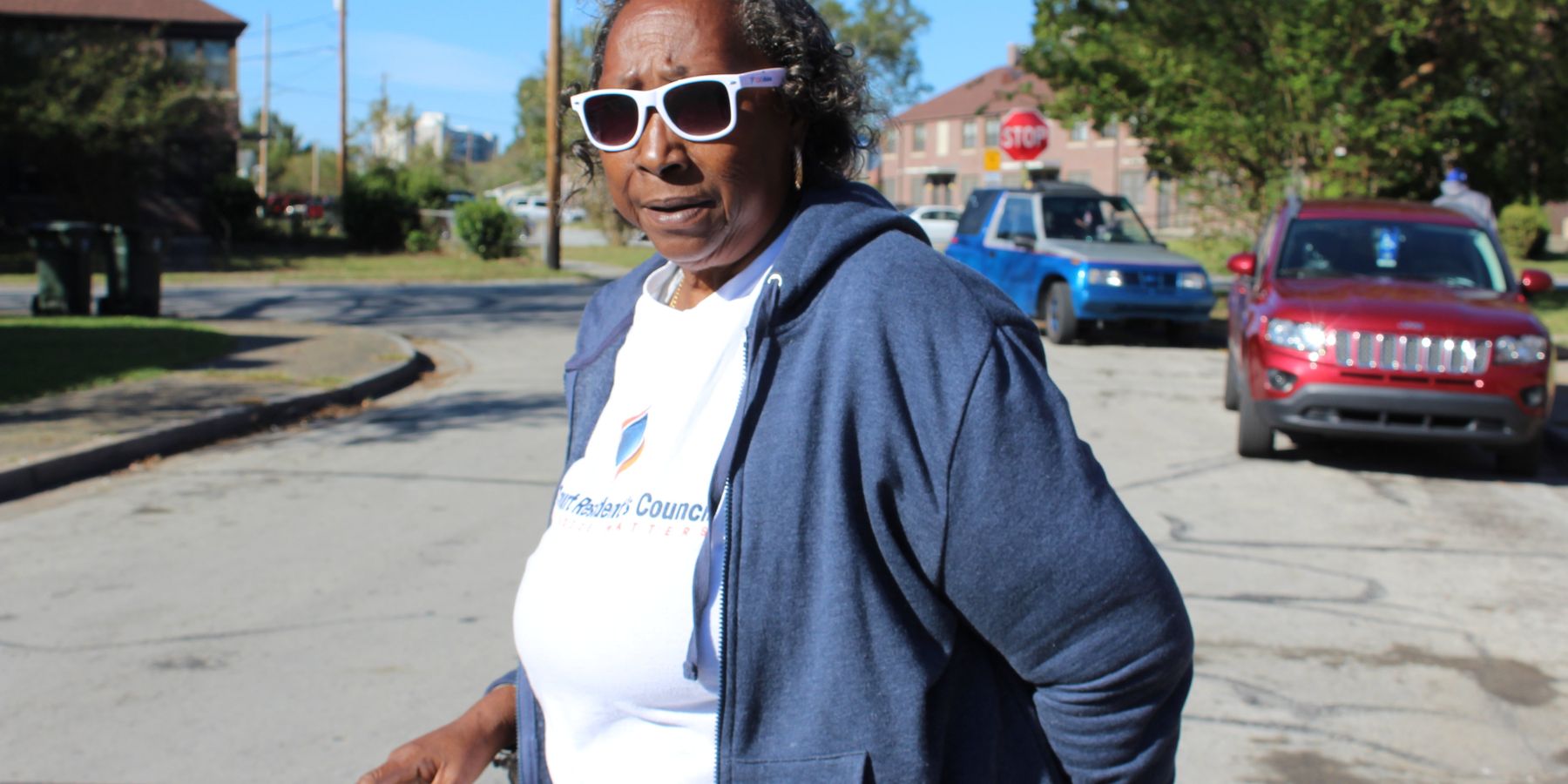
Nowhere to go in New Bern: Climate catastrophe spurs migrants in US South
Hurricane Florence ravaged North Carolina last fall. While cleanup continues and residents pick up the pieces of their life, many people in New Bern, a small community along the Neuse River in the eastern part of the state, have nothing to pick up. Homes have been destroyed and won't be rebuilt. Lives have been upended.
We visited New Bern to document the challenges of the community's most disenfranchised as public housing residents, along with other poor, disabled, elderly, and vulnerable people, are becoming a first wave of climate migrants in the U.S.—people selectively displaced by increasingly frequent storms and floods, moved because they can't afford to stay.
Their forced removal marks the sputtering end of a long effort to close down the project of government-subsidized housing in this country, leaving affordable housing to the so-called free market. And those that do stay face both psychological tolls and environmental toxins left in the storm's wake.
This is what a climate change catastrophe looks like.

Poor southerners are joining the globe's climate migrants
They put us in this "weird palliative care kind of situation, just waiting for it to die. And they're not providing any support for it while it's dying."

Lingering long after a storm, mold and mental health issues
North Carolinians are organizing against "toxic resiliency," focused on healing from trauma.

LISTEN: Visiting climate migrants in New Bern, North Carolina
"This is the worst storm I've ever endured."
Editor's note: This series is the result of a collaboration between EHN and Scalawag Magazine, an independent nonprofit magazine that covers the American South.













